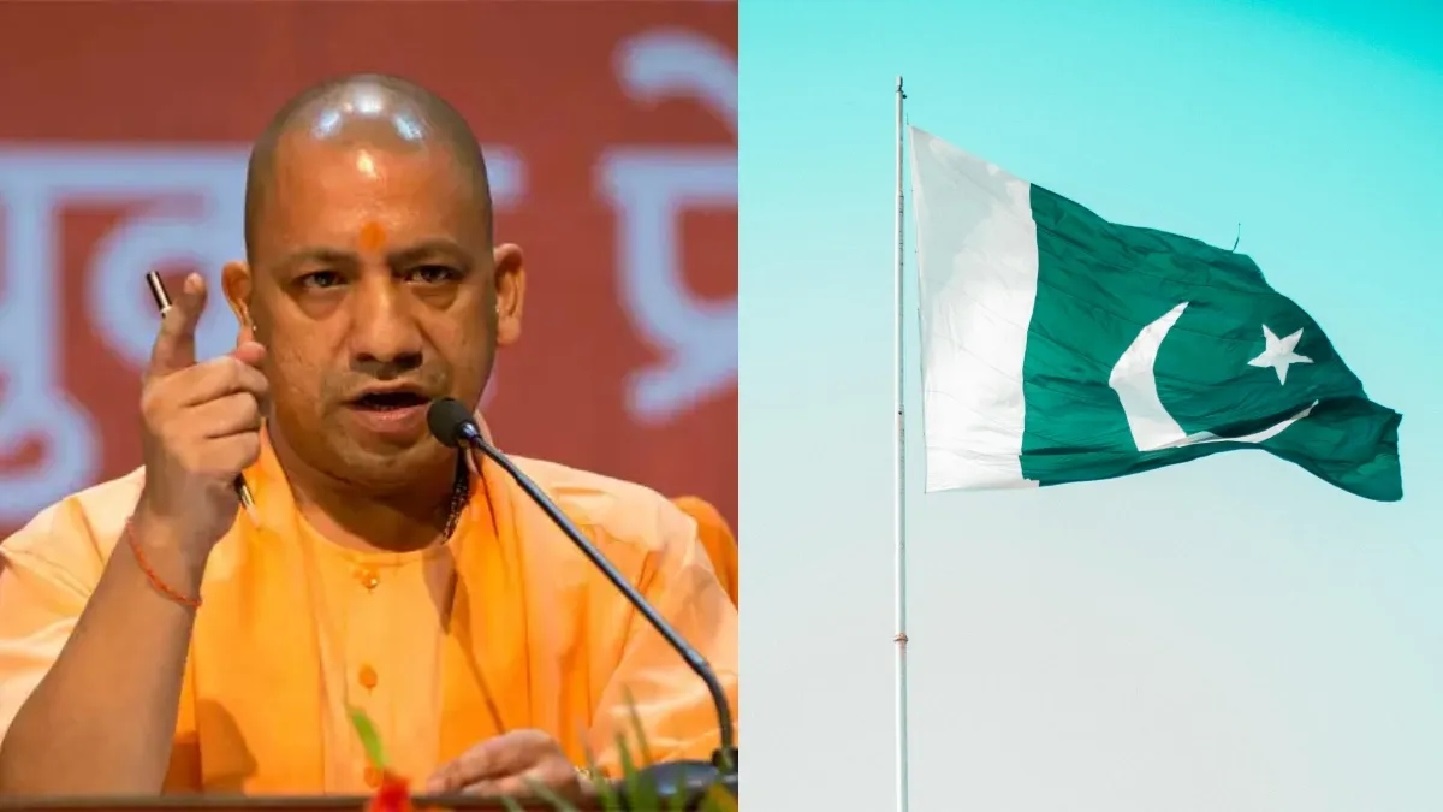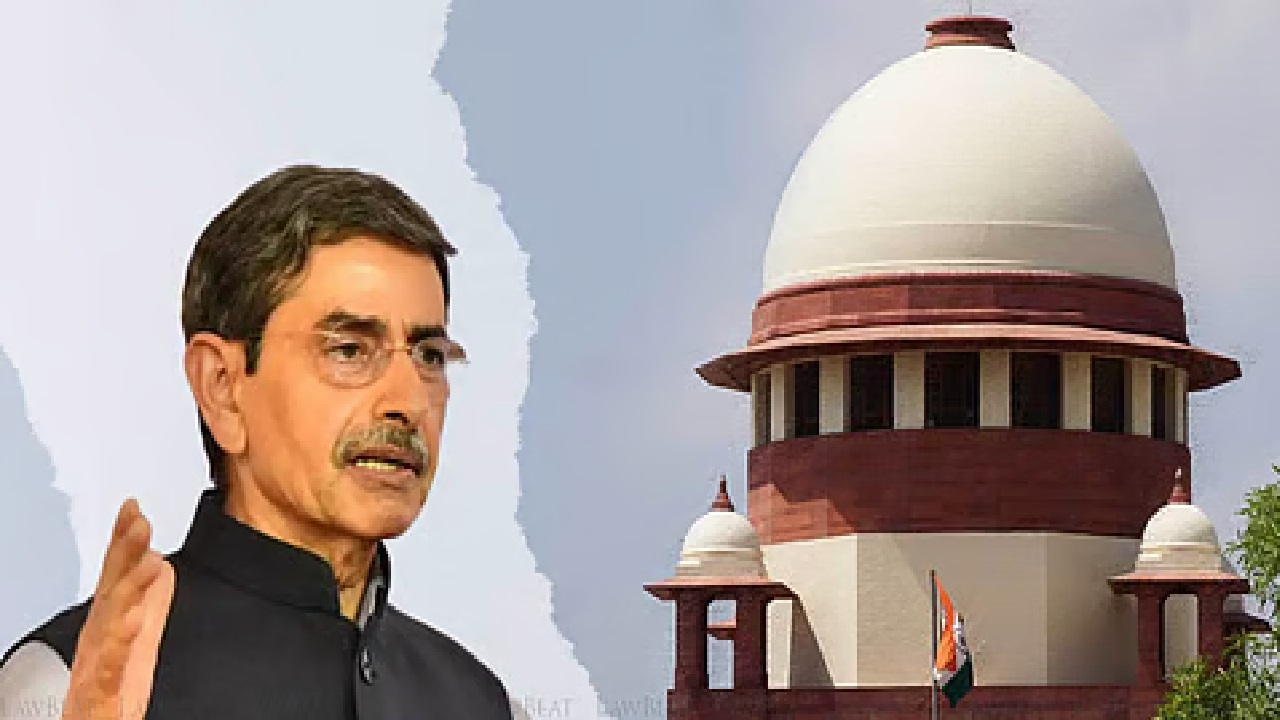A Nation Responds to Terror
In the aftermath of the brutal terror attack in Pahalgam, Jammu and Kashmir, which killed 26 innocent tourists, the Indian government has launched a sweeping crackdown against perceived Pakistani links within its borders. With Islamabad accused of fostering terrorism, New Delhi has moved swiftly—revoking all Pakistani visas and ordering every Pakistani citizen in India to leave immediately. One of the most visible outcomes of this policy is now unfolding in Uttar Pradesh.
Uttar Pradesh Identifies Over 1,000 Pakistani Nationals
According to senior officials in the Uttar Pradesh Police, between 1,000 and 1,200 Pakistani nationals currently reside across the state. While the formal deportation order from the Centre is pending, the state machinery has wasted no time in beginning the identification and documentation process.
A senior officer confirmed, “We are working in coordination with central agencies to locate and list all Pakistani nationals residing in UP. Once we receive final instructions, the deportation will begin without delay.”
This aligns with India’s broader move to send a strong message across the border and globally: those deemed to be from a hostile nation will no longer find shelter in India.
Amit Shah’s Nationwide Directive: Swift and Decisive
Union Home Minister Amit Shah has taken direct control of the issue, personally instructing the chief ministers of all states to begin identifying Pakistani nationals in their territories and prepare for immediate deportation. The urgency of the message was unmistakable—no delay would be tolerated.
Shah’s directive follows a high-level meeting with national security and intelligence officials, where a consensus emerged that India needed to take bold, visible steps in response to the Pahalgam attack. Deportation, visa suspensions, and travel bans are now being wielded as diplomatic tools and internal security measures alike.
Visa Revocation: Deadlines Set, Exceptions Limited
The Ministry of External Affairs (MEA) has announced that all visas issued to Pakistani citizens will stand cancelled effective April 27, 2025. The only exception granted was for those on medical visas, which will remain valid until April 29. Pakistani citizens in India have been asked to make arrangements to leave the country before the stated deadlines.
This visa clampdown is among several countermeasures announced by India in recent days, alongside suspending the Indus Waters Treaty, downgrading diplomatic ties, and scaling back Pakistani staff at its New Delhi High Commission.
A Broader Shift in India’s Pakistan Policy
This move marks a clear escalation in India’s approach to Pakistan. While similar deportations and travel advisories have been issued during past cross-border incidents, rarely has India moved to cancel all Pakistani visas en masse. The deportation of over 1,000 people from a single state—Uttar Pradesh—signals a coordinated and long-term shift in policy.
It also highlights the integration of national security with immigration enforcement and foreign policy. Analysts note that this shift is not only symbolic but also operationally significant, ensuring that India’s borders and population remain tightly monitored in times of crisis.
A Defining Stand in a Shifting Regional Order
India’s sweeping decision to deport Pakistani nationals in response to the Pahalgam terror attack is more than a policy move—it’s a statement of intent. It reflects a clear pivot from restraint to assertiveness in its dealings with Pakistan. By prioritizing national security over the complexities of diplomatic engagement, New Delhi is drawing a hard line that signals a new era in its internal and external posture.
This isn’t just about visas or deportations—it’s about reclaiming control in a volatile regional equation. As global powers watch closely, India’s actions could set a precedent for how democracies respond to persistent cross-border threats. Whether this leads to a reset in Indo-Pak relations or further deepens the divide, one thing is certain: India has made it clear that acts of terror will be met with resolve, not rhetoric.
(With inputs from agencies)








